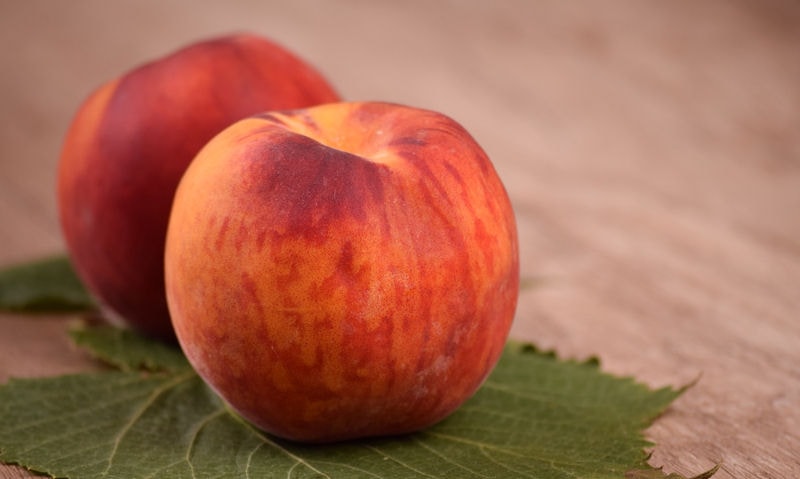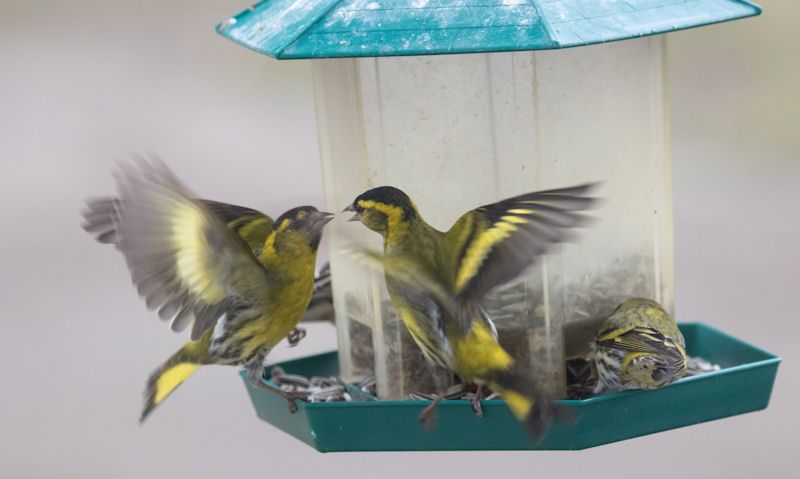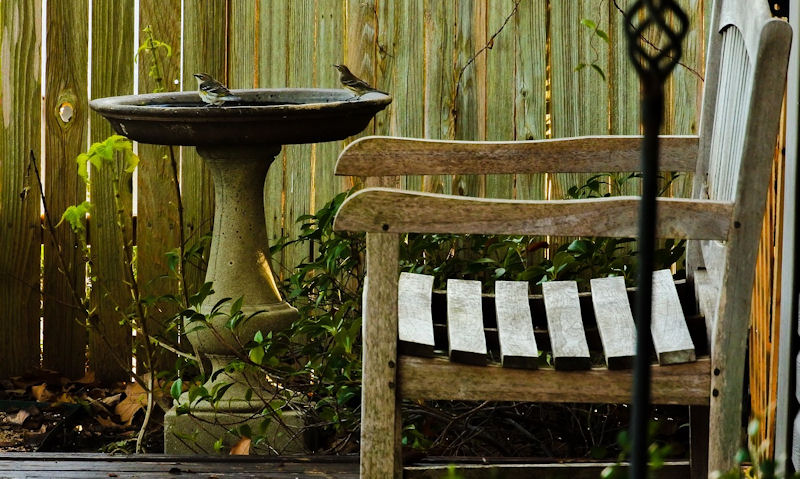Can birds eat nectarines
If you can not be tempting to eat the ripe, juicy nectarine yourself, its perfectly safe to offer garden birds this kind of fruit.
Birds can eat nectarines with an overripe one a better option than a too firm nectarine. Little in the way of nutritional value but a great source of food, and so to is the 85% water per 100g - so they can eat at they sip water. Birds expected to feed on a nectarine are Tits or Robins, but so to Crows.
Not all birds eat a nectarine, let alone any kind of fruit offered to them, but those that can are not so agile, so where you offer the nectarine in the garden matters to them.
Do not leave out a nectarine under a bird table unless you want all bird species to have a go - and never add pieces of nectarine in a hanging bird feeder.
Instead, you'd want to offer this running with juice fruit out in the elements, but not where it can be accessible to pets.
Overripe nectarines are better as they are easier to bite, but so too can a still unripe one or a perfectly ripe nectarine still be pecked at.
Remove the nectarine of its seed as it can be a choking hazard.
Never leave out the nectarine for too long outdoors as it goes rotten quickly, so only give it to the end of the day before removing it.
Dried fruits such as raisins are more commonly eaten up by garden birds, so there's no harm in offering them a nectarine.
Birds can eat nectarines
Common garden birds you want to attract to the garden are far and few between that would eat a nectarine, but it certainly can happen.
Little easier to feed a nectarine to garden birds over feeding wild birds peaches, as the firmness of the nectarine helps keep it in better condition, for longer.
Nectarines have no dangerous toxins or anything of that sort, so it can just be left out.
I would recommend a more ripe nectarine as the soft flesh would make it easier, yet more of a convenience for garden birds to try - especially as they are mostly in a rush - so won't want to stay around for too long.
Better still, an overripe nectarine may also be just as welcoming for feeding birds.
And that's important, as it doesn't restrict the kind of bird species that can feed on one, with even the weakened young birds giving it a go.
Great source of water
While people really enjoy the soft fleshy centre of a nectarine, so to will all kinds of birds enjoy this part - but it can do something else other than feed starving birds.
Most beneficial part of nectarine as a common garden bird pecks away at it, is the consumption of water.
Juicy as they are messy, but to offer fruit eating birds a nectarine in the summertime, when water sources are more scarce - what can be more tempting to a thirty bird than a fruit baring lots of sweet water.
This also applies to feeding garden birds a juicy centre cucumber, in which it would last a little longer.
Other than the important source of healthy food intake, nutritional wise there's not a lot to offer wild birds, unless most of it is eaten by a single bird.
As well has re-hydrating on water then, there's a little natural sugar, protein and fibre.
Fruit eating birds
Not a lot of British garden birds would be willing to munch on a fresh or an overripe nectarine, but you can sure give it a go.
Birds that eat fruit in the wild would be the ones too look out for, and the ones you'd really want to see feeding in your garden.
What birds can feed on in nature is apples, so there's also an option to feed birds a apple - or if you like something a little more exotic like a banana.
Number of the Tit family, Robins and Blackbirds may be willing too; less pleasant birds like Crows or Pigeons would also come along - so do remove the nectarine if its these birds you don't want to attract.
Small garden birds can eat raisins or sultanas left out in under the bird table, so you may just see them try a juicy nectarine.
Remove stone as caution
While its very unlikely your small common garden birds would be seen pecking at, or taking away a large nectarine seed, you may want to be cautious.
I would remove the nectarine pip as it can cause a choking hazard.
Less so with the smaller birds but the Crows or Pigeons of the garden run a risk of choking, so you'd need to deseed the nectarine of its single pip.
It may be risky to also offer the pip to garden birds crushed up or dried out, so its best to discard it all together.
I don't believe the pip would be seen to be eaten at the bird table or in the garden, but it could happen as its taken away.
And that could be a nesting bird bring it back to feed her hackling's.
Offer nectarine in garden
Most fruit eating garden birds of a small size may be perfectly happy to feed on a nectarine that's been left out in the garden, providing you've left it up high in a safe spot.
Remember larger birds you may wish to feed would be restricted, so make sure there's plenty of clearing.
I would recommend to cut up the nectarine to remove the pip, then leave two-halves or several nectarine wedgies for birds to peck at.
Leave it under the bird table on a stand, mounted or hanging - but never offer nectarines or fruits of any kind in a classic hanging bird feeder.
Shelf-life is not very long for a nectarine, especially one that is overripe already. So wait until the weather is cooler as to prevent it going rotten quickly under intense heat of the sun.
But to offer a cut open nectarine in a shaded spot can help preserve it for a little longer, or at least enough time for garden birds to show interest.
To summarise
Don't throw away a too firm nectarine or an overripe one just yet, as its perfectly safe to offer garden birds.
Birds of all species may be willing to peck at a nectarine, and if they do you'd be sure to offer them a great source food with a delicious healthy fruit.
Not many garden birds would eat at a nectarine with only the fruit eating birds trying, but even then you'd have to be patient as it takes time to see success.
Nectarines are a great source of water, so as wild birds consume the flesh in the centre of the stone fruit, they would be sipping on sweet water.
As you will want to feed a nectarine to birds such as Tits or Robins, bare in mind Crows can come along and take it away. I would then deseed the nectarine as to avoid them choking.
Present the nectarine cut up and removed of its seed, but you can offer it up in several pieces to spread it out across multiple locations in the garden, thus increasing the odds of garden birds feeding on it.


